History Makers
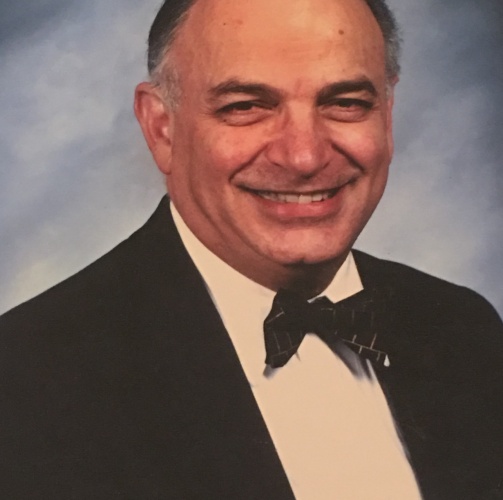
Shukri Faiz Khuri
Influential Surgeon, Mentor
- Pioneers in Health
- Trustee 1998-2002, President, AUB Alumni Association of North America 1997-2000 and volunteer, WAAAUB Strategy Task Force, 2005
- AUB BS General 1964, MD 1968
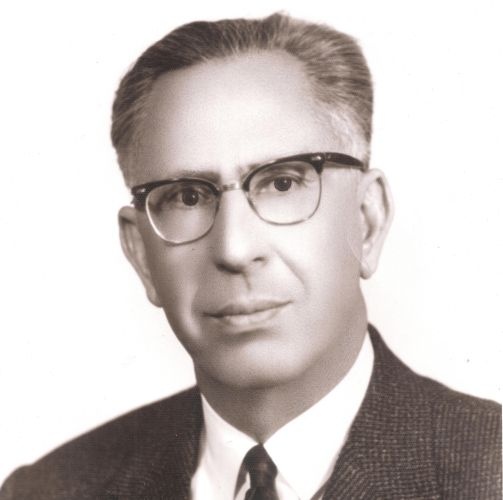
Zabih Ghorban
Founder and former Chancellor of Shiraz University in Iran
- University Founders and Leaders
- 1931
- Pioneers in Health
- AUB, MD 1931
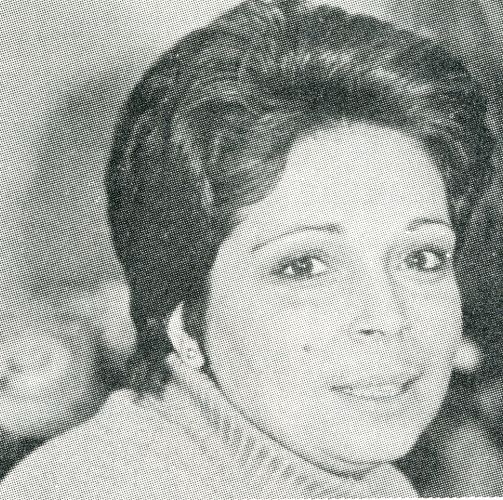
Wadad Kadi
Islamic Scholar
- Great Scholars and Teachers
- 1965
- AUB, BA 1965; AUB, MA 1969; AUB, PhD 1973
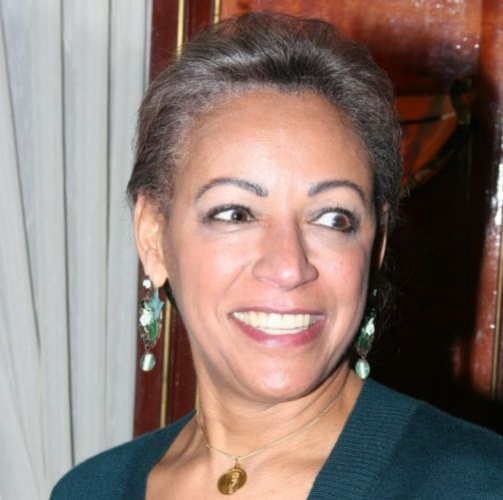
Sheikha Hessa Bint Saad Abdullah SalemAlSabah
Businesswoman
- Leaders in Business
- BA 1974, Public Administration
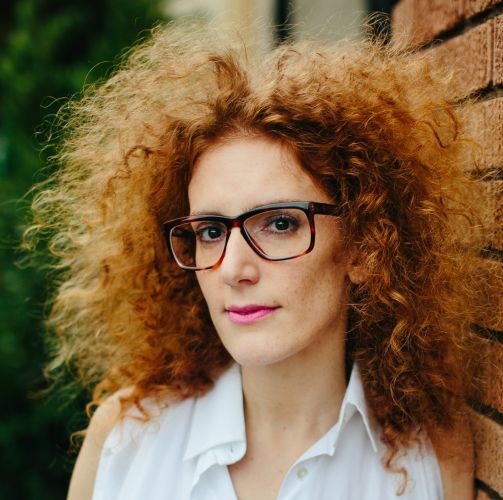
Mira Kaddoura
Artist, Entrepreneur
- Virtuoso Artists and Writers
- BE 2000, graphic design
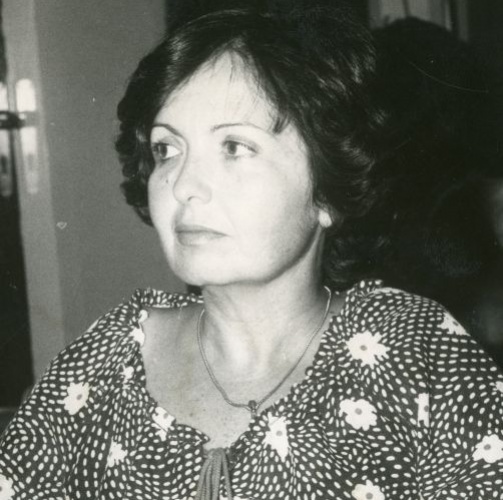
Leila Sharaf
Pioneering Parliamentarian
- Activists and Public Servants
- 1981-2010 as trustee; 2010-present as trustee emerita
- AUB, BA Teaching of Arabic 1959; AUB, MA Teaching of Arabic 1965
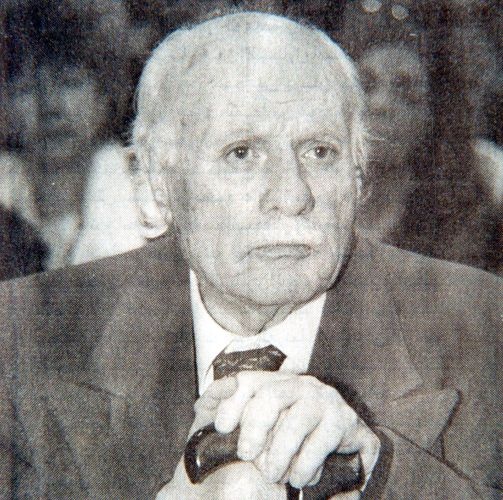
Ihsan Abbas
Arabic Language and Literature Scholar
- Great Scholars and Teachers
- 1961
- 1961-2003 as professor; 1989 as professor emeritus
- Cairo University, BA, MA, PhD
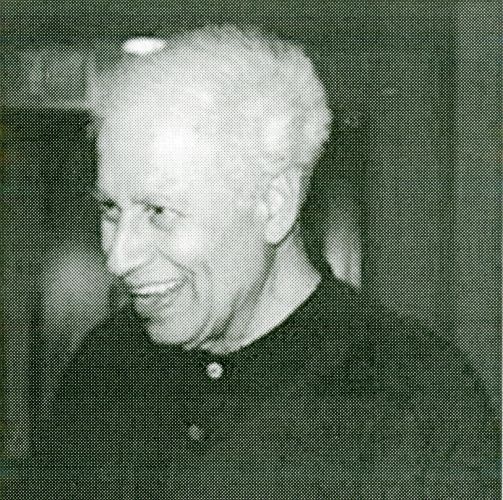
Hanna Batatu
Scholar, Middle East Authority
- Great Scholars and Teachers
- 1962-1982 as professor
- Harvard University, PhD 1960
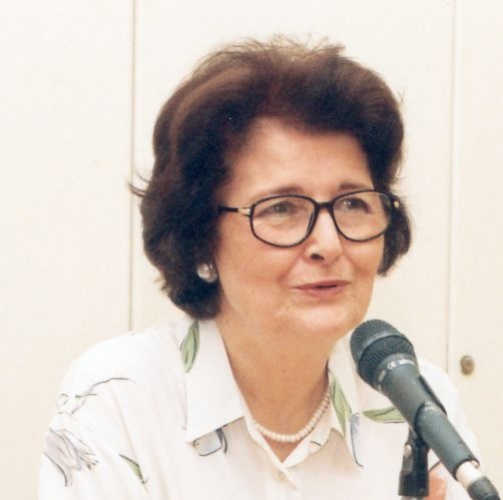
Emily Nasrallah
Journalist and Author
- Virtuoso Artists and Writers
- AUB, BA Education 1958

Charles Abou-Chaar
Plant Medicinal Chemistry Expert
- Pioneers in Health
- 1945
- 1945-2007 as professor, 1987 as professor emeritus
- AUB, BA; Massachusetts College of Pharmacy, MS; University of Washington, PhD 1961
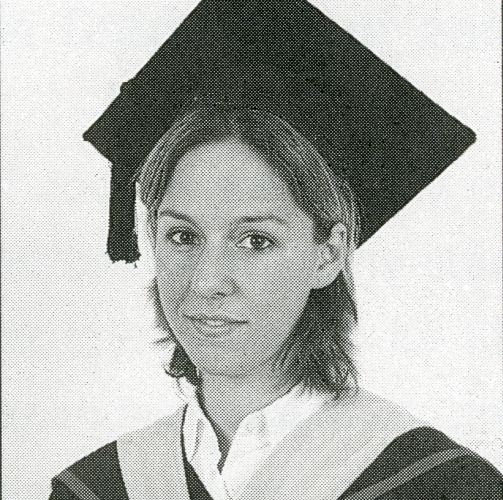
Amira Kassis
Scientist
- Pioneers in Health
- AUB, BS Nutrition & Dietetics 2000
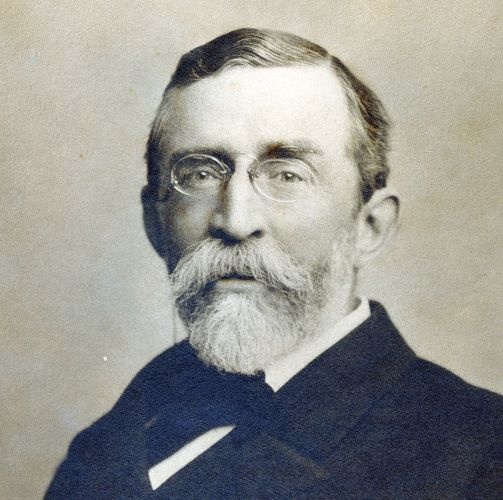
David Stuart Dodge
SPC Co-founder and Theologian
- University Founders and Leaders
- 1871
- 1871-1921 as professor of English and Latin and trustee
- Yale University; Union Theological Seminary
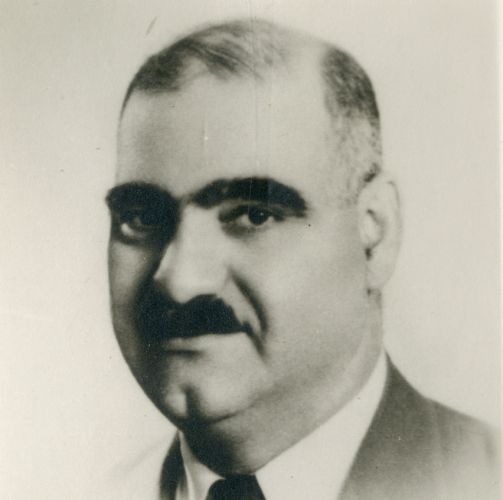
Shukri Shammas
Business Leader, Engineer
- Innovative Engineers and Scientists
- BA 1927, engineering
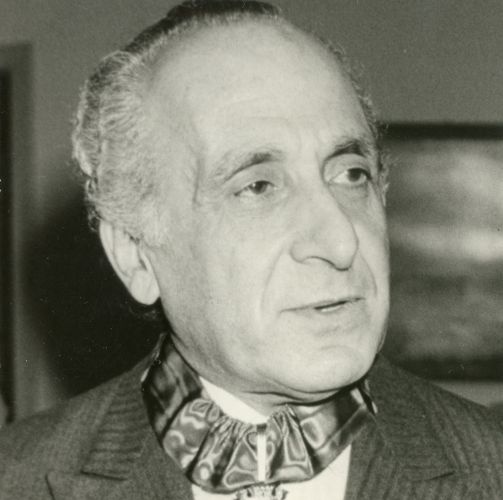
Samir Thabet
Chemist and Leading Administrator
- Great Scholars and Teachers
- 1953-1968 as professor; 1969 as associate dean; 1970-75 as provost; 1979-1986 as vice president; 1984 as acting president; 1992-2002 as vice president emeritus
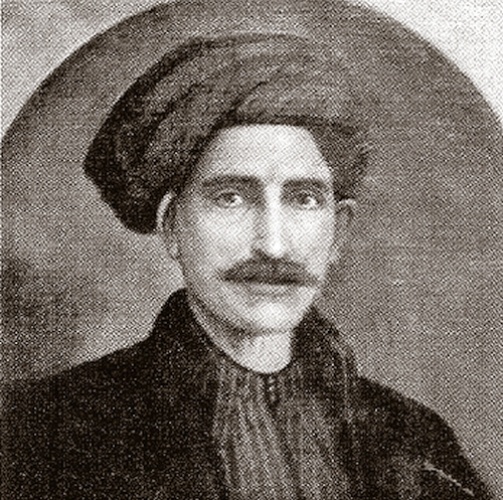
Nasif al-Yaziji
SPC Professor, Scholar
- University Founders and Leaders
- 1869
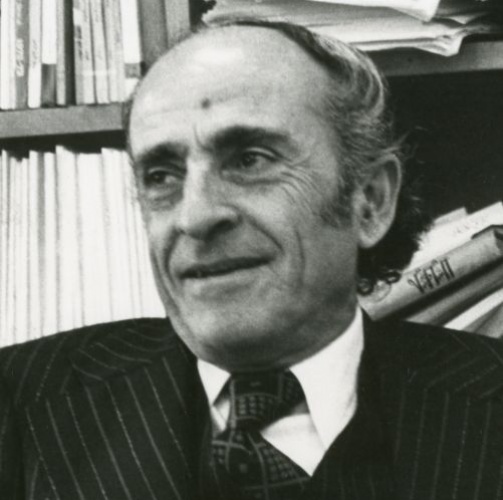
Khalil Hawi
Poet
- Virtuoso Artists and Writers
- "AUB, BA Teaching of Arabic 1951; AUB, MA Teaching of Arabic
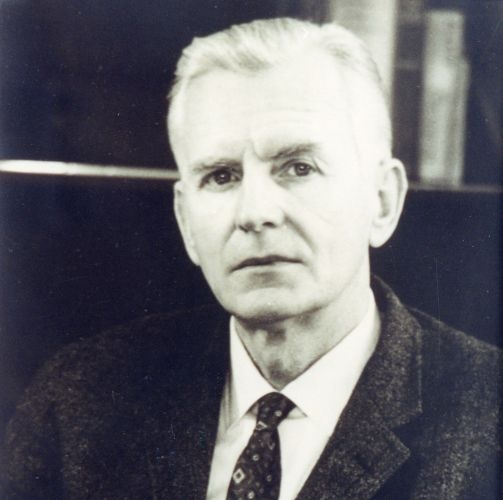
John L. Wilson
Emergency Healthcare Pioneer
- Pioneers in Health
- Harvard Medical School, MD
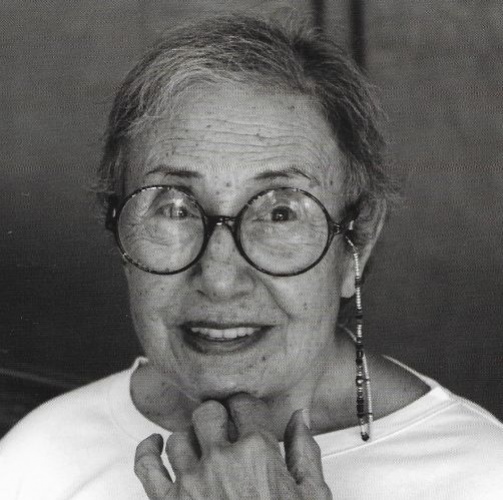
Huguette Caland
Modernist Painter
- Virtuoso Artists and Writers
